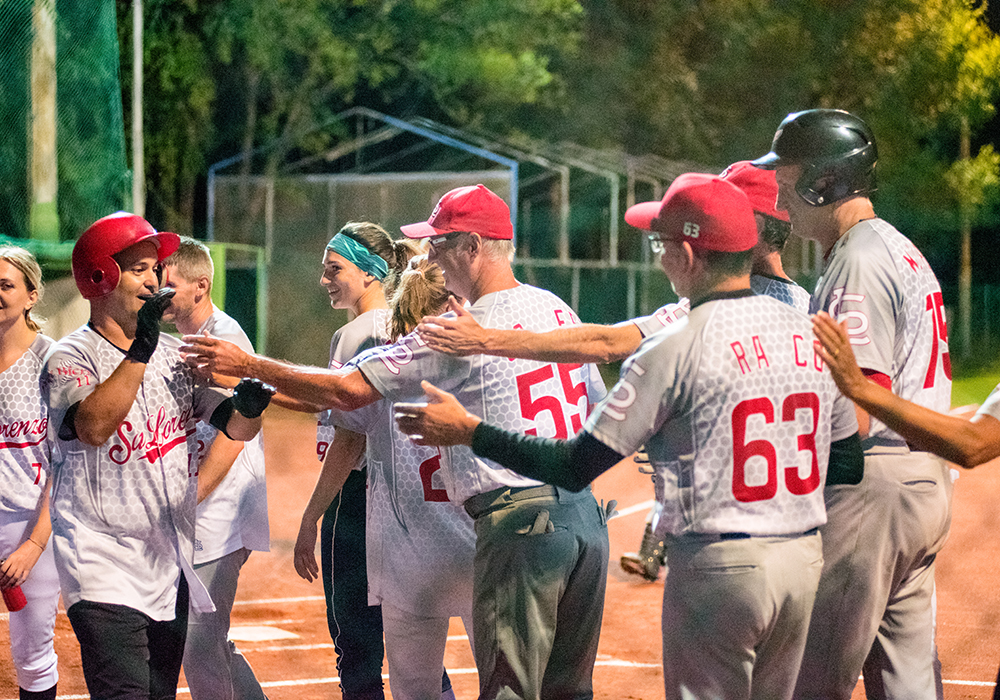Social support is vital for those recovering from addiction

Q: In a few days, I will be leaving to sign into a residential treatment program for alcohol and drug addictions.
I am really excited about this. I have been clean for 17 days and what a relief it has been. To think of that as a possible way of life for me is great. I am looking forward to it.
But I am also nervous. I have heard that a number of the guys who come out of treatment fall into their old groups once they have finished treatment and jump off the wagon almost before they have climbed onto it.
I don’t want to fail. I want to make this thing work.
What can I do to help me make my flip into sobriety a life-long commitment?
A: Congratulations. It sounds like you are making some really good decisions. Trust me, nothing beats sobriety.
But you are right. It is not always easy. Sometimes those who are working hard to beat their addictions falter a bit and that can be discouraging.
Strange, isn’t it? If one of your relatives had a recurring bout of cancer, you and the medical staff would work just a little bit harder to help your relative push this thing back into remission. No one would think the worse for it.
But if an addict relapses, which a number of them do, you would think that he had driven his Harley Davidson through those Holy Pearly Gates en route to an eternal life in the fire pits of Satanic verse.
It isn’t that awful, of course. Relapse happens.
Many of those addicts who are successfully managing their addictions had to tread a number of relapse programs before they got onto that track to infinite sobriety.
I am not trying to discourage you. Many guys make it the first time around and are sober during and right after treatment.
I just want you to understand that relapse is not the end of the world. If you shrug it off without too much of a reaction you will ultimately reach the height of clean living for which you are striving.
Your trick when you come back home is to start carving out a new social life for yourself. That slowpitch team is not going to make it for you. They spend far too much time in the bar after their games.
Look around, see what you can find. You are searching for a group of friends that is going to accept you for whomever it is you are. (There are lots of slowpitch teams that are completely sober).
You want a group where you feel safe, where no one is going to try to tempt you to either drink or start using forbidden drugs. You want a group that fills the gap, that cuts off the solitude of loneliness and replaces it with sensitivity, love and affection.
Finally, you want a new group that carries some kind of a purpose to its own being, helping the poor, caring for the elderly, engaging the young, supporting minority groups, discouraging violence, or preserving the histories and stories of our disappearing small communities. Can you imagine that, walking into a meeting and saying “hi, I am an alcoholic, or a recovering drug user” and not having to worry about judgmental kickbacks? Being free and open is almost the apex of great friendship.
Getting into a new group, into a social setting where you can live through sobriety, is going to take time and effort. Hopefully, you can lean a bit on your family while you are strengthening those necessary community bonds. That could be important.
Sobriety is so much easier when you are wallowing in a well of support.
Jacklin Andrews is a family counsellor from Saskatchewan. Contact: jandrews@producer.com.
Source: producer.com

